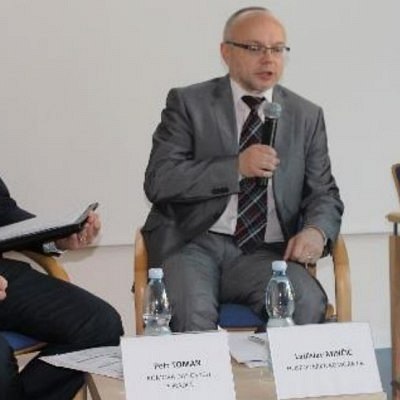Czech Business Today
Reverse Charge or “One Stop Shop”? The Commission Has a Clear Idea
State resources in the EU lose about 170 billion euros every year due to tax evasion. The expectations of academics, the inventors of VAT, that all the taxpayers are gentlemen, proved to be false. The EU is now at a crossroad with a question on how to modernise the VAT system and avoid tax evasion, provided that the setting of the level of rates remains within competences of Member States.
The Commission had two options to choose from. The first one is a generalised reverse charge mechanism. In this case, taxes would be paid by the last trader in the chain. The second one, which was picked by the Commission, is the definite regime for cross-border transactions on the basis of “one stop shop”.
Both regimes have their pros and cons, and the decision of which direction to go is in the hands of politicians. Speakers agreed that the collection of VAT by twenty eight different tax authorities complicates the life of entrepreneurs in the EU. Therefore, it is necessary to modernise the current system and find an easy and understandable solution. The ideal one for entrepreneurs would be a uniform rate across the EU.
However, it is a politically impassable one at this moment, as well as the reverse charge. The Commission will present its proposal of the definitive regime for cross-border transactions this autumn. It cannot be confirmed that even after the introduction of the new regime, tax evasions will disappear. Nevertheless, the definitive system has at least an ambition to partial restrict tax evasion. Its threat could also be the lack of willingness of tax authorities to collect VAT for another Member State.
Whether the tax reform will be approved is uncertain because the decision on tax matters requires unanimity of all Member States. The reform of the EU VAT system was discussed on the 31st March at the European House in Prague by tax experts, business representatives and academics. During the simulated voting, most of the participants preferred the introduction of the reverse charge as the best tool to avoid tax fraud. The event was organised by the Representation of the European Commission in the Czech Republic and the European Parliament Information Office in the Czech Republic in cooperation with the Confederation of Industry of the Czech Republic and CEBRE – Czech Business Representation to the EU.






